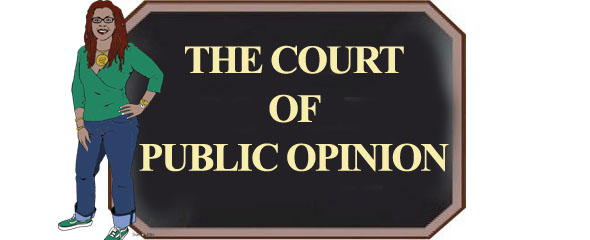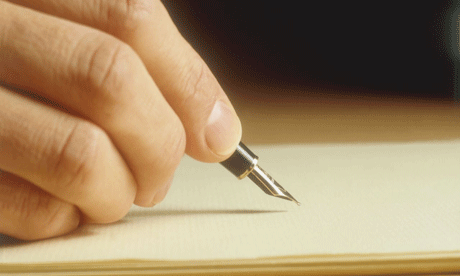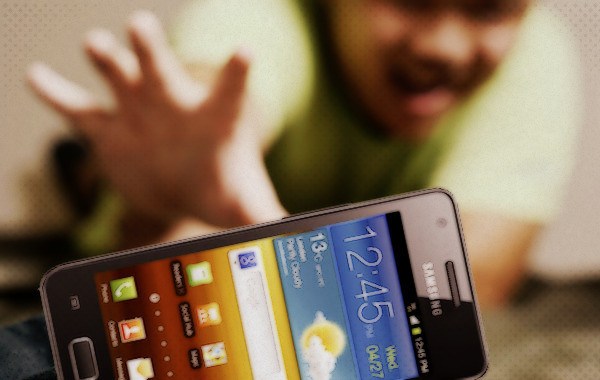
fastcompany.com
At some point in their existence, I would bet every single person in this class bar none has visited a fast food restaurant and, even though the food may not be of great quality, enjoyed the scent of the restaurant. I know I certainly have. But while scouring through the news a couple of months ago, I found out that this is often nothing more than artificial scents pumped into the air. I remember reading the about how the fast food franchises used those scents to increase the amount of food customers would buy at their locations. That may be their goal, but do fake smells actually entice people? I predict that people can indeed be enticed by false odors.
All sign point to this true. Scent machines were installed at a café at Legoland in what turned out to be an experiment without ever intended to be one. At the end of the first day, an employee is mentioned to feel that “they couldn’t believe how much they sold.” The logical answer in this case is to say that the scent machines caused this uptick in sales, but that isn’t necessarily the case. Third variables are everywhere here. The theme pack could have had extra visitors that day, or a favorite item could have been a daily special. There is no way to say for sure whether the artificial scent was the cause of the increase. What is known is that the same company that produced the scents for this café also produces them for such fast food brands such as McDonalds, which could be used to draw a correlation to increased fast food sales when the scent machines are installed. While correlation does not equal causation, this is no reason to rule out the importance of the connection keeping consistent with my alternative hypothesis.
All though my alternative hypothesis was holding up, I wanted to know the science behind smell enticement. This article at US News details this process. Smell goes through the nose directly into the brain. This occurs before we even have time to think about it, meaning that the smell emotionally creates a pull on us before we even process what is happening. It is via this mechanism US News says that fake odors can take advantage of, making us crave something before we can make a logical decision about it.
While there is major scientific study to prove my theory, it appears that I can tentatively reject the null hypothesis in this case. All evidence points to the fact that smell can indeed influence people to buy a certain food, or more of it for that matter.
















